Coinciding with today’s release of Visual Studio 2017 RC1 at CONNECT 2016 in NYC (Nov. 16th 2016), I wanted to announce the availability of this new and free eBook on “Containerized Docker Application Lifecycle with Microsoft Tools and Platform” which covers and end-to-end vision of Docker container based application development plus CI/CD (DevOps) workflows that you can have in Azure with new assets like Azure Container Registry and updates in Azure Container Service (Offering Mesos DC/OS, Kubernetes and Docker Swarm) and Azure Service Fabric with Docker support plus the new tooling created by Microsoft in Visual Studio 2017 like being able to publish a Docker container as an Azure App Service or being able to deploy from your Release Management pipeline in VSTS directly to Azure Container Service and a DC/OS cluster by using the new VSTS Docker Deployment Task.
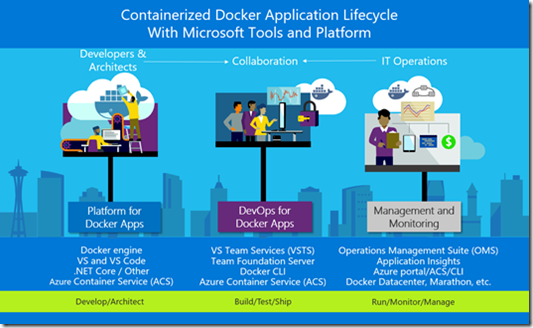 |
Here are a few subjects covered in the eBook.
Development and DevOps workflows for Docker based applications
Container Clusters/Orchestrators in Azure (With Docker support)
Currently, the possible choices you have as container clusters and orchestrators in Azure are the following:
- Azure Container Service (Docker support for Linux containers. Windows Containers will come soon)
- Mesosphere DC/OS
- Kubernetes
- Docker Swarm
- Azure Service Fabric (Docker support in the Linux Preview of SF. Windows Containers will come pretty soon for SF)
- Note that you can also use Service Fabric microservices running on Windows without Docker support.
In the eBook I’m explaining what they are and providing further info in links so you can drill-down on it.
News in VS 2017 and VSTS
Visual Studio 2017 publishing a Docker Container to an Azure App Service through a Docker Registry (like the new Azure Container Registry)
Docker Solution Support (debugging a whole docker-compose.yml based set of containers) in VS 2017
Adding Docker Solution support to any project in your solution.
Debugging/F5 a whole Docker-compose.yml (Set of containers)
VSTS Deploy Task to Azure Container Service and Mesos DC/OS
Development Languages and Platform
You can, of course, develop your applications by using any language supported by Docker, like Node.js, Java, Go, Python, etc., but our team (the .NET product team) is investing and working hard so you have best-in-class support for .NET Core and .NET Framework in Docker environments. You can actually try the official .NET and ASP.NET Core images available at Docker Hub as I also explain in the eBook.
Key takeaways
I’d like to finish this blog post with the same key takeaways that I finish the eBook, which, at the end of the day is why you’d want to know more about Docker and how Microsoft’s platform and tools are supporting Docker:
· Container based solutions provide important benefits of cost savings because containers are a solution to deployment problems cause by the lack of dependencies in production environments, therefore, improving DevOps and production operations significantly.
· Docker is becoming the “de facto” standard in the container industry, supported by the most significant vendors in the Linux and Windows ecosystems, including Microsoft. In the future Docker will be ubiquitous in any datacenter in the cloud or on-premises.
· A Docker container is becoming the standard unit of deployment for any server-based application or service.
· Docker orchestrators like the ones provided in Azure Container Service (Mesos DC/OS, Docker Swarm, Kubernetes) and Azure Service Fabric are fundamental and indispensable for any microservice-based or multi-container application with significant complexity and scalability needs.
· An end-to-end DevOps environment supporting CI/CD connecting to the production Docker environments provides agility and ultimately improves the time to market of your applications.
Visual Studio Team Services greatly simplifies your DevOps environment targeting Docker environments from your Continuous Deployment (CD) pipelines, including simple Docker environments or more advanced microservice and container orchestrators based on Azure.
So! Check the free eBook out (Download eBook: Containerized Docker Application Lifecycle with Microsoft Tools and Platform) and please, send me feedback directly to:
cesardl at microsoft.com or through this blog post.
Thanks! 🙂

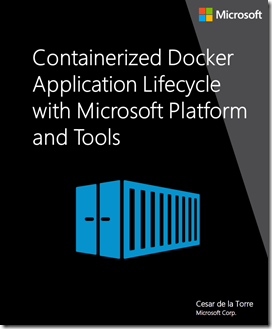
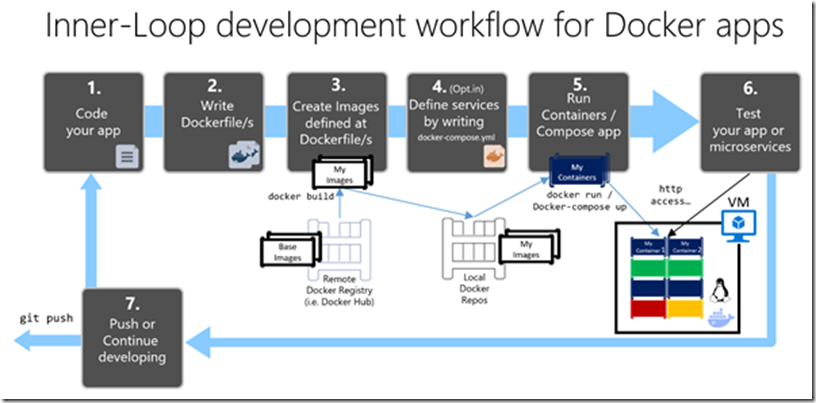
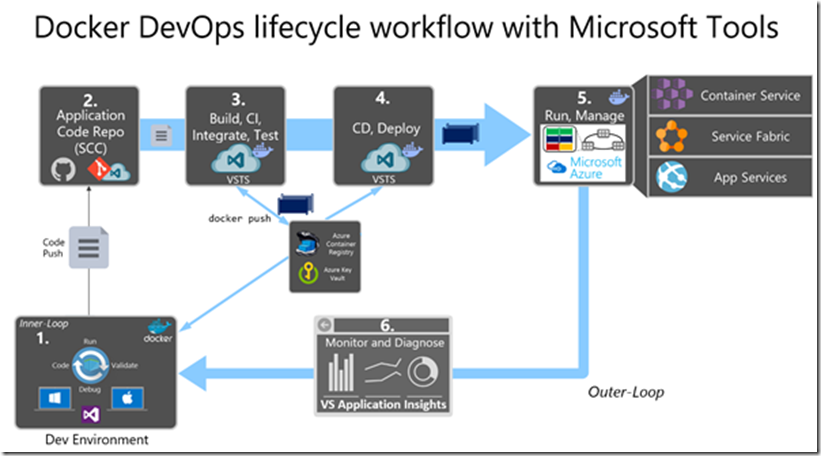
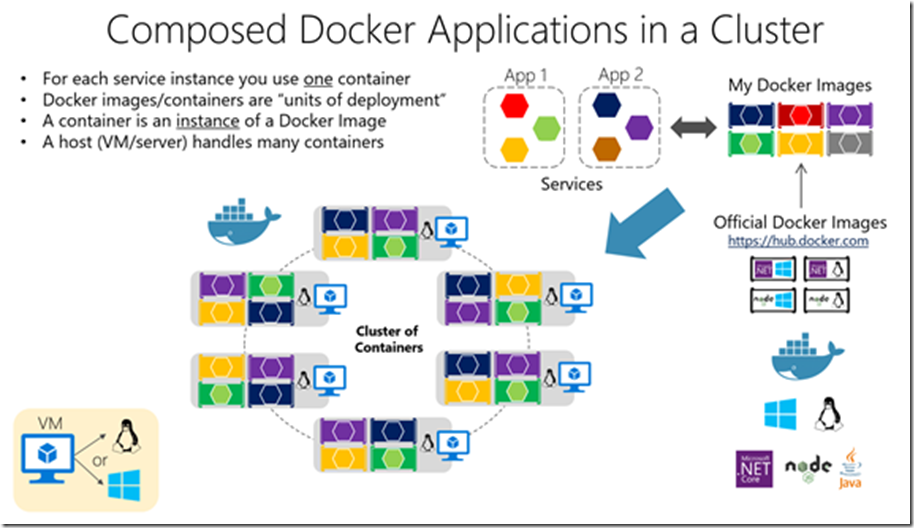
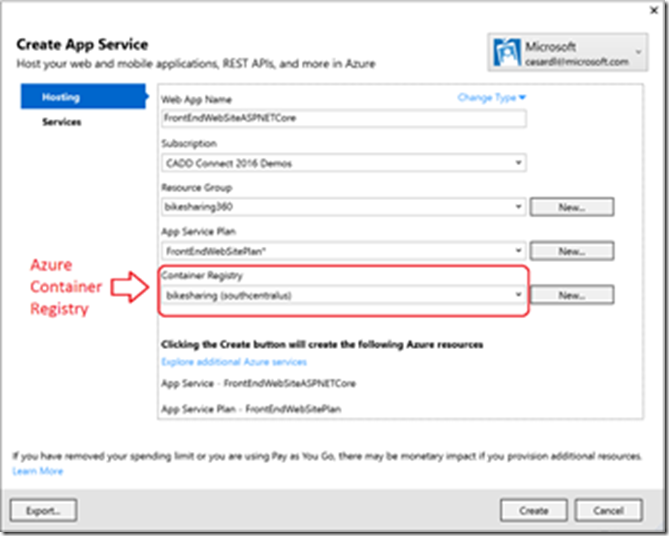

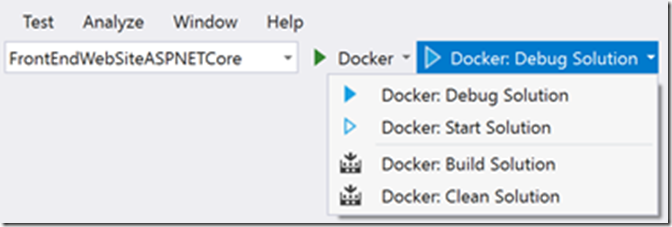
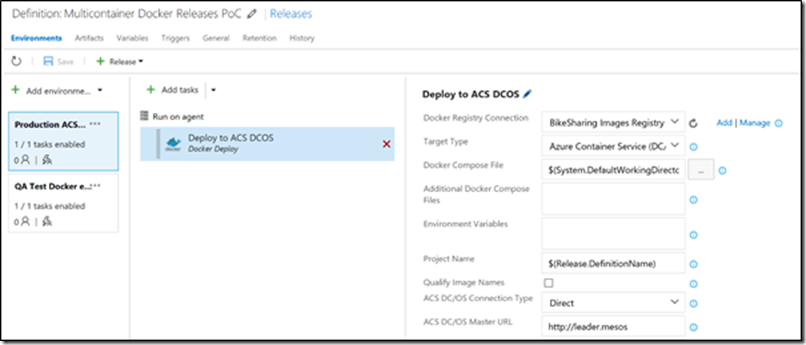
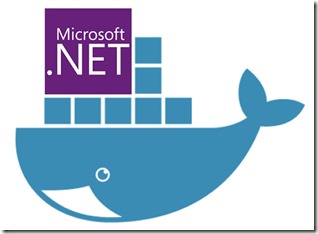
0 comments